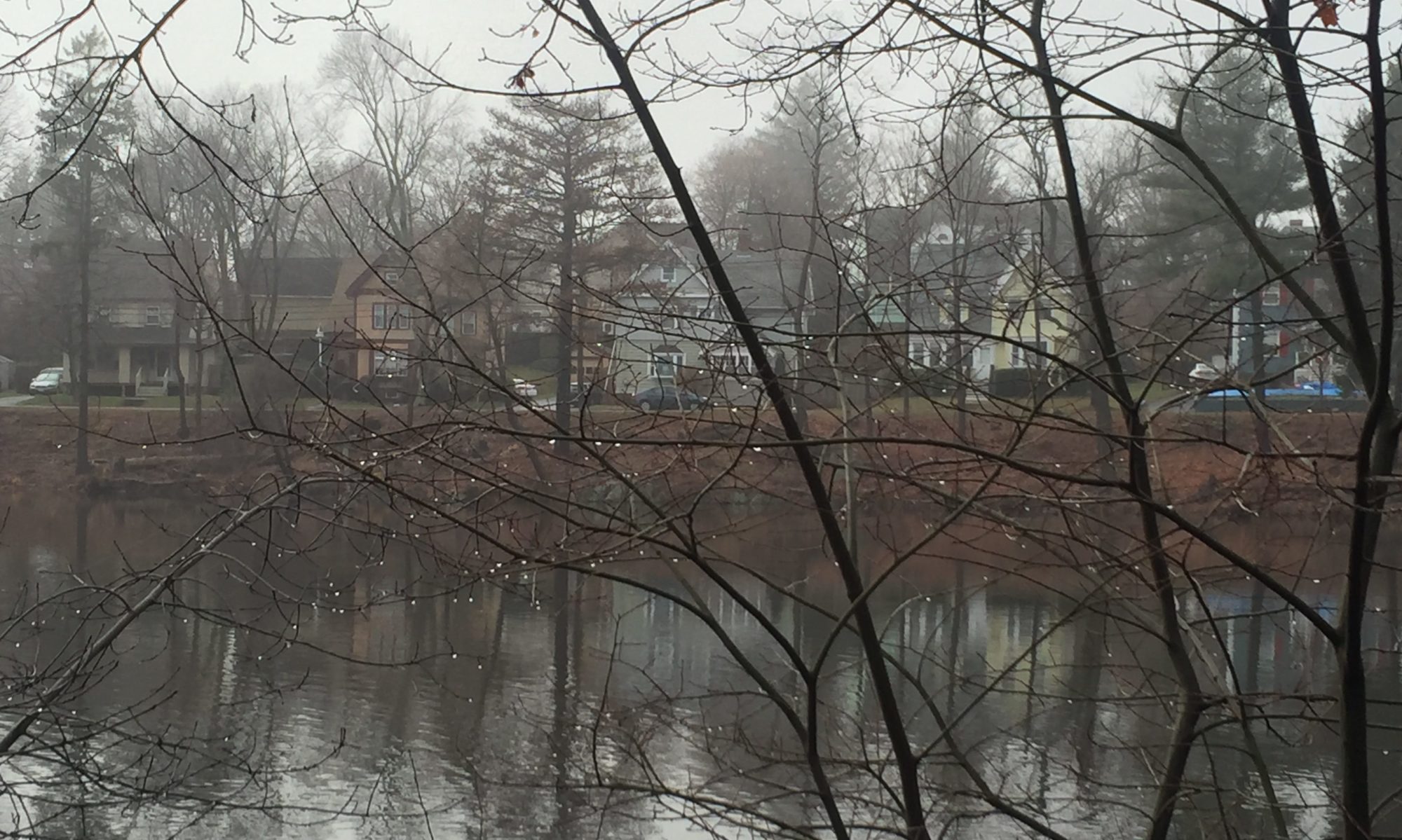I planned the trip for months—not in any detail—to immerse myself in a book setting for a historical novel. My book is about my fifth great-grandmother, Rhoda Mott, born in 1783 to a Quaker family in Dartmouth, Massachusetts—less than a two hour drive from my home.
I dithered, of course, between the beginning and the end of March. As the clock ticked toward Rhoda’s birthday, March 20th, I found the time to list the meeting houses, cemeteries, and beaches I wanted to visit, the closest MacDonald’s for bathroom breaks, and where to dine that night. List in hand, I booked a New Bedford hotel with a waterfront view for March 20, 2023—Rhoda’s 240th birthday—and the day after mine.
I expected to find her gravestone. I expected to stand beside the Apponegansett Meeting House in Dartmouth, where she’d worshipped as a child, and feel her presence, to see evidence of her and her family.
I saw a grid of roads with modern chain stores, restaurants, and gas stations north of the peninsula that comprises Dartmouth and Westport, on the border of Rhode Island, where Quakers settled after fleeing the Puritans in the 1600s. Both towns are important to my story.

While Rhoda was born and raised in Dartmouth, her husband, Moses Baker, was born in Westport. The young couple lived in Westport during their early married life. Starting at sixteen years old, Rhoda gave birth to Abigail, Charles, Asa, and Jeremy. After Charlie died at three, they moved to Dartmouth where their daughter, Mehitable was born.
The two towns are long strips, with roads running south from the commerce area, curving past rivers, streams, and through salt marshes to the sea. Along those roads lay working hay farms, evidenced by mounds of white-shrouded round bales and cropped fields sectioned off by fieldstone walls. A small village, rife with tourist shops, retains a Yankee charm. The Padanaram bridge, built in 1936, spans where Rhoda crossed by ferry.

I drove down long and winding roads, trees waving above like a whistling cathedral.
Seeing the signs for Hathaway Road, a main road off the highway, brought tears to my eyes. Lemuel Hathaway, just seventeen, married Abigail Mott, Rhoda’s twenty-year-old sister in haste—outside of the meeting system. Abby needed to go to Maine with Lem—no time for long discourse between parents about the rightness of their union; she was two months pregnant. In leisure, about to deliver in the depths of a frigid Maine winter, she repented, begging the Dartmouth Meeting’s mercy for her disobedience. Lemuel was the second recorded man and first Quaker to purchase land in Temple.
I searched each Quaker cemetery, seeing few markers from the 1700s. Most were later, with rows of children buried beside parents, and several veterans, flags waving. Quakers don’t believe in war. Many become conscientious objectors. During the Revolutionary War, men refusing to fight were often driven from their homes. It takes a strong conviction to make a Quaker fight.
I read family names passed down from the original Quakers, such as Slocumb, Gifford, and Smith—no Motts or Bakers among them.

When I visited the Westport Meeting House and walked its cemetery, I met John Wojtowicz, a local Quaker with a key. He let me into the building, and reminded me that Quakers don’t believe in monuments. It’s likely that Rhoda and her family were buried in unmarked graves. John also provided documents on how Rhoda might have been educated—key research details.

The wind whipped off the ocean, chilling my fingers and ears as I did my research, and yet I persisted—reading each grave stone, taking pictures of beaches. This is Anthony Beach, where Rhoda might have played.

The peninsula is a beautiful place where farms meet the sea. With easy access to New Bedford’s whaling and merchant industries, it’s a prosperous community. Yet as families grew and sons craved land for farming, it became too small—the opportunities for younger sons, nonexistent.

In 1794, Lemuel answered the Massachusetts Governor’s call to settle in Maine, which was part of Massachusetts. A year later, his brother followed, as did his wife’s brother and parents, who left their youngest child, twelve-year-old Rhoda, to fend for herself in Dartmouth. In 1811, Rhoda, along with her husband and children, joined them in Temple. Her daughter, Martha, was born in Maine. I’ve read that Moses returned to Dartmouth with his family, yet at 61, Rhoda died in Temple.
Some families who came in the 1600s are still in Dartmouth and Westport, their names on grave stones, marking their choice. They are the ones who stayed. Rhoda’s descendants, however, left Dartmouth and Westport long ago. They are scattered across the country in search of freedom, land, a better life—the peninsula of their origins, a faint memory.
John, my Quaker friend, said that most of the Quakers he knows are Quaker by “convincement,” and not “birthright.” People typically choose to be Quakers in middle age.

The 1800s saw a diminishing Quaker population, coupled with harsher enforcement of behavioral rules. Two of Rhoda’s daughters—Ruth and Sarah—were disowned for marrying non-Quakers. Each generation diluted the calling.
Being there, where Rhoda was born and lived for her formative years, was a gentle reminder of the places I’ve lived. Who would ever track and understand my life from each stop along the way? I’ve moved on from Concord, New Hampshire, where Rhoda’s daughter, Sarah settled, making my home in several places in Massachusetts, closer to where Rhoda began.
I count my trip as a success. Though I saw little evidence of Rhoda and her family, I gained an understanding of her experience: the loss of her son, Charlie, the mix of land and sea, the smell of salty air, the comfort she left behind to build a rude farmstead in the middle of Maine. She gave up everything to follow a dream, to make a home for her family—no turning back.
Like me, she was one of those who leave.



Well done